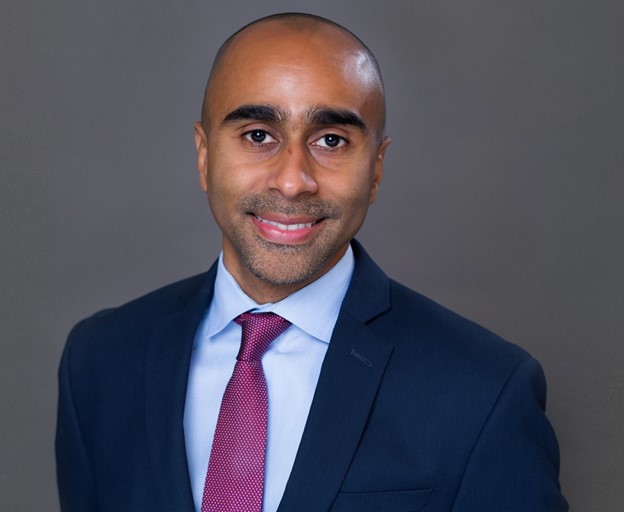 On New York University Week: Social stressors can lead to many bad outcomes.
On New York University Week: Social stressors can lead to many bad outcomes.
Adolfo Cuevas, assistant professor in the department of social and behavioral sciences, discusses one.
Adolfo G. Cuevas, Ph.D., is Assistant Professor in the Department of Social and Behavioral Sciences at NYU’s School of Global Public Health and core faculty at the Center for Anti-racism, Social Justice, & Public Health. As a community psychologist, he employs epidemiological, psychological, and biological approaches to investigate the effects of discrimination and other psychosocial determinants on health and health inequities. He uses a wide range of population-level datasets and advanced statistical methods to establish a plausible understanding of how psychosocial determinants “get under the skin” to increase the risk of aging-related diseases. Dr. Cuevas’ work has been published in scientific journals, such as Proceedings of the National Academy of Sciences, Nature’s International Journal of Obesity, Brain, Behavior, and Immunity, and American Journal of Public Health and featured in HuffPost and NPR’s Code Switch.
Discrimination as a Social Determinant of Obesity
Imagine a scenario: Picture a room full of people, and suddenly, a lion walks in. In that heart-pounding moment, as your senses sharpen and adrenaline courses through your veins, your body prepares itself for a choice: fight or flight. This visceral reaction, deeply embedded in our evolutionary history, is what allowed our ancestors to survive dangerous situations.
Fast forward to today, where the same physiological systems are not always triggered by a literal lion but by another threat: discrimination. Discrimination or unfair treatment is a social stressor that inflicts harm in ways both subtle and overt, and has been linked to a range of health issues in adults. But what about our children, our most vulnerable members of society?
Our research team set out to investigate the link between discrimination and obesity in children and adolescents, given the growing concern about obesity as a significant public health issue in this age group. What we discovered was both enlightening and concerning. Kids who reported experiencing racial discrimination from teachers, other adults, or peers exhibited higher body mass index and waist circumference one year later.
Now, we find ourselves armed with new questions. Are these children, burdened by experiences of discrimination, turning to obesity-related behaviors as a form of coping? Or is there a deeper, physiological dysregulation occurring, causing their bodies to accumulate more fat? Our work is driven by the crucial need to prevent and mitigate the impact of discrimination on the health of our youth. Acknowledging that discrimination is a social determinant of obesity is a critical first step. And to combat discrimination’s impact, we can implement screening for young people reporting racism, assess their mental health, and partner with parents to identify family and community support.

Comments
One response to “Adolfo Cuevas, New York University – Discrimination as a Social Determinant of Obesity”
I enjoyed your podcast on Social Determinants but would like to point out there is one last one in that visceral response: freeze. Many children do not have a voice or are given or taught how to handle discrimination from adults in their lives. Does not surprise me that they have a higher body mass index from the stress.